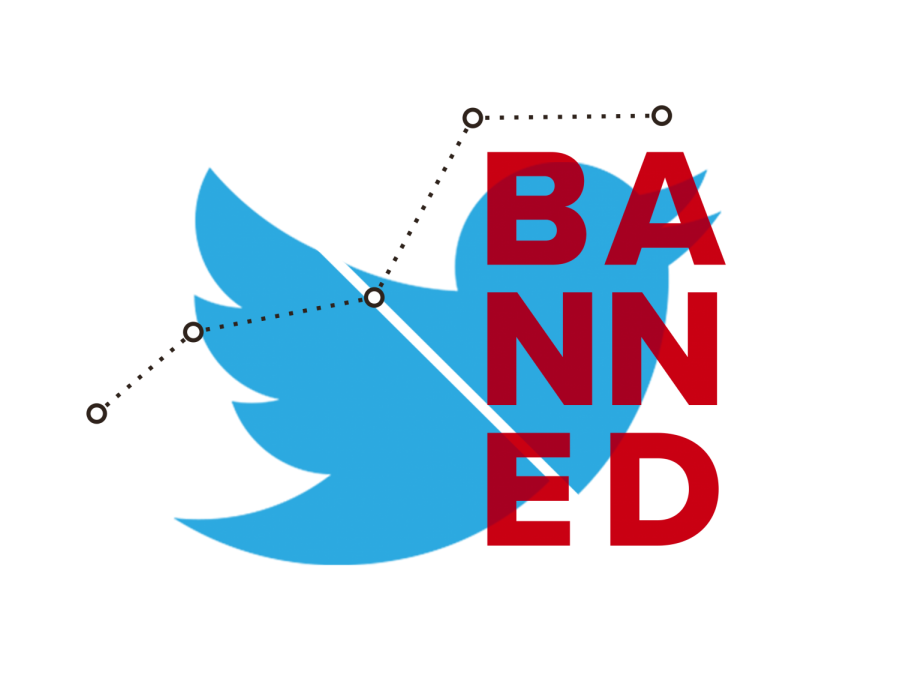On Oct. 30, Twitter made the decision to stop all political advertisements on its platform.
CEO Jack Dorsey announced in a tweet that they will no longer allow government officials to pay for their messages to be advertised on Twitter, saying they “believe political message reach should be earned.”
Dorsey’s main claim was that internet advertising has been proven to not only be very powerful and far-reaching, but also extremely effective. So if candidates have more money to spend on advertising their political messages, they are in turn more capable of reaching and inevitably gaining a wider range of voters, he said in a tweet.
One of the arguments being made against Twitter’s decision is that this is a violation of free expression. Specifically blocking political messages while allowing all other forms of advertisements to be run is seen by some as unfair.
United States Senate Majority Leader Mitch McConnell noted that it is policies like these that have been posed a threat to free speech in the past.
McConnell said unless Twitter also banned opinion journalists and media outlets from advertising their work then the ban on political ads could create a double standard, according to msn.com.
Suffolk professor Alan Waters agreed with the idea that the reach of a candidate’s political speech should not be determined by the amount of private money they have.
“Wealthy people can give more, therefore they can speak more — poor people can give less, therefore they can speak less,” said Waters.
Twitter’s ruling came in response to Facebook’s recent decision to allow any and all forms of political messages to be advertised on their website.
Facebook CEO Mark Zuckerberg delivered a 35-minute speech at Georgetown University defending this decision, stating that it is not Facebook’s job to be the arbiter in matters of free speech.
He agreed that certain political advertisements may cause unpleasantries, but that also is the case with several other matters of free speech.
”We want the progress that comes from free expression, but not the tension,” said Zuckerberg
Those in opposition to this policy may view using Facebook as an easy way to spread lies or false information that can damage opposing candidates or causes, as the Biden campaign argued when an advertisement riddled with rumors was ran on Facebook.
Comparatively, those who agree with Zuckerberg’s decision may see Facebook as a platform for free speech and democracy, according to Justin Gellerson of the New York Times.
Facebook and Twitter have one thing in common regarding their two conflicting policies; they both believe their rulings are justified. Both Zuckerberg and Dorsey adamantly defended their companies’ new decisions on political advertisements on numerous occasions.
“This isn’t about free expression,” tweeted Dorsey. “This is about paying for reach. And paying to increase the reach of political speech has significant ramifications that today’s democratic infrastructure may not be prepared to handle.”
Zuckerberg, in turn, believes it is a slippery slope to try to decide which information is acceptable to advertise or not. Zuckerberg said in one of Facebook’s earnings calls that It isn’t “right for private companies to censor politicians and the news.”
Dorsey feels that private money should not be used to further one’s political campaign — and Waters agrees.
“A person’s political power should not be a result of how much money they have,” said Waters.
These new policies declared by Facebook and Twitter have faced backlash from companies and government officials alike. One of these criticisms comes from President Donald Trump’s campaign manager, Brad Parscale.
“Twitter bans political ads in yet another attempt by the left to silence Trump and conservatives. Wouldn’t be surprised if Twitter lifted the ban after 2020,” said Parscale in a tweet.








